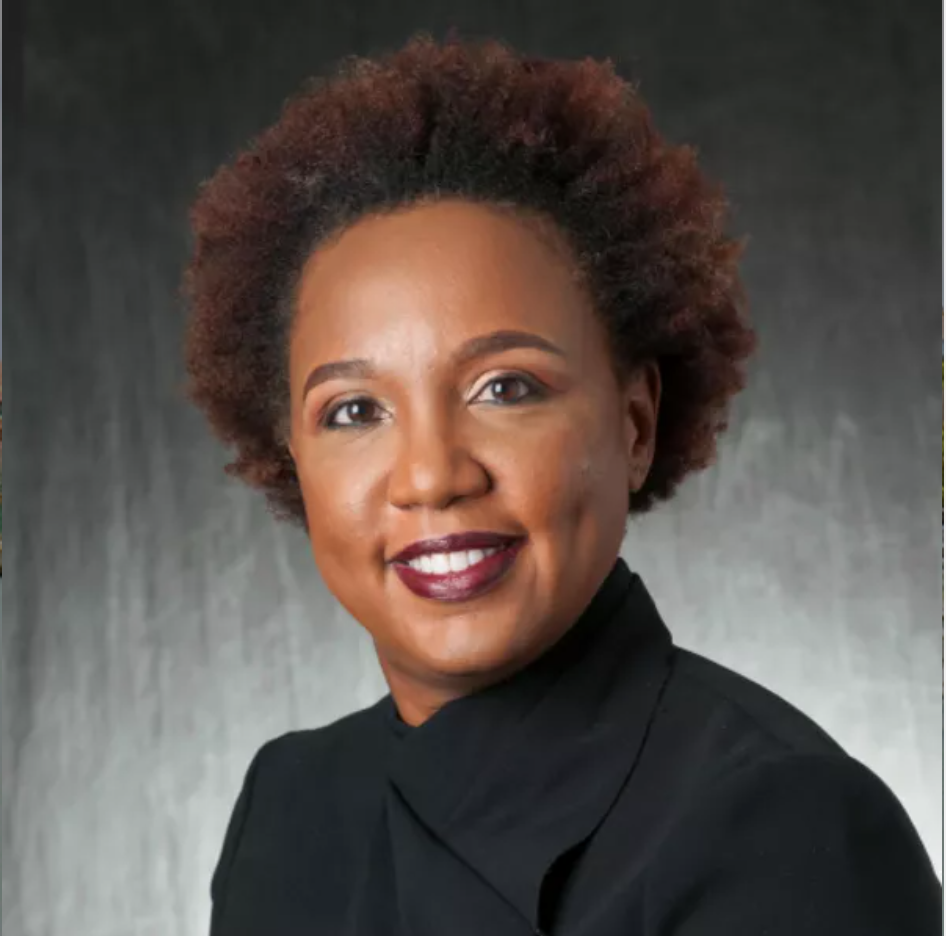by Marlon Madden
The renowned Barbadian musician Jackie Opel, who is credited with inventing the spouge genre of music, and any remaining family members, have now lost all rights and income to his work due to the time period Barbados currently allows for materials to be copyrighted.
And Chief Executive Officer of Copy Right Society of Composers, Authors and Publishers (COSCAP) Inc. Dr Erica Smith is raising an alarm that this could be the case for other creatives and entertainers in the future if local authorities did not make the necessary adjustments to the law.
Under Section 10 of the Copyright Act, Barbados allows the term of copyright to last only 50 years after an individual has passed away, which means Opel, who died on March 9, 1970, and his relatives will lose all right to his work beginning this month. Anyone could now easily recreate his work and earn from it.
As such, Smith said she was calling on authorities to move with haste in amending the law to allow for the extension of how long a work of an artist can be protected by copyright in Barbados.
Additionally, Smith said the time has come for more comprehensive initiatives to be put in place to help those in the creative industry earn more from their work.
“We don’t have in place the support systems to help people while they are alive to be able to commercialise their work and really make something of it,” Smith told Today’s BUSINESS.
“We have this idea that they should create and also have the business acumen and the ability to put the systems in place to make it happen, but in fact, creators create and they require assistance and support in terms of the infrastructure. I think we need holistic and coherent policies as well as support initiatives and initiatives to help spur activity,” she explained.
She promised that COSCAP would be ramping up its lobbying efforts to encourage policymakers to make the necessary changes, stressing that local creatives should be made to benefit more from their labour.
“We are lobbying for the extension of the term of protection of copyrights,” said Smith.
In Jamaica, copyright lasts for a period of 95 years after death of the author or creator of the content, while in Europe the copyright lasts 70 years after death.
Pointing to those examples, Smith said: “what we are advocating for is that since most of our key markets have now extended the term of protection to copyright holders to life plus 70 years or more, we are saying locals should at least benefit from the new norm.”
“Here it is you get copyright protection for your life plus 50 years after. But here because it is less than in the US or even Jamaica, it means in those territories our members would only benefit from the lower period of protection.
“So we are really pushing for that. In the first instance we would like our locals to benefit from the same period that others benefit from in key markets,” she added.
Acknowledging that the work of Jackie Opel, whose given name was Dalton Bishop, was now left to be recreated by anyone who could end up benefitting more than he did, Smith said this was a situation that Barbados should not allow to take place.
“Now, the reality is that during the life of the creator, very few of them are able to generate high levels of earnings.
“Unless you are a superstar, your earnings from royalties will be quite low. But your heirs can continue to benefit, and sometimes you know what happen is that after death the work may suddenly attract a lot of attention and start generating money,” she explained.
“So that is why you get protection for a long period of time, but we are not only saying ‘extend it so that it lines up with other territories’, we are saying that we also need to ensure we develop the policy and infrastructure that facilitate the use of the work and commercialisation of the work so that during that time we are able to generate revenue,” said the intellectual property specialist.
COSCAP is expected to host a webinar next month to bring more awareness to the matter.
Smith said authorities needed to be a lot more “serious” when it comes to copyright if they were concerned about developing the cultural and creative industries.
“People are very dismissive or they don’t want to hear when you talk about copyright, but I just don’t understand how people think the creative industries and cultural industries work – you earn money based on copyright. So we can’t be talking about developing these industries and not being really serious about the intellectual property rights,” Smith said.
marlonmadden@barbadostoday.bb




